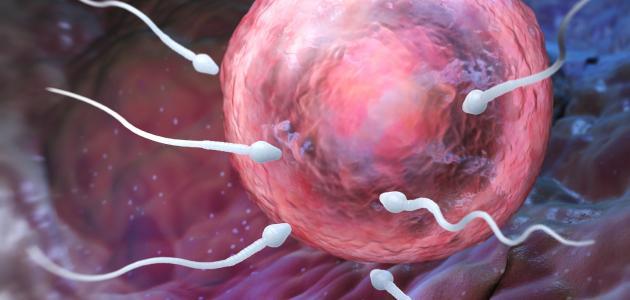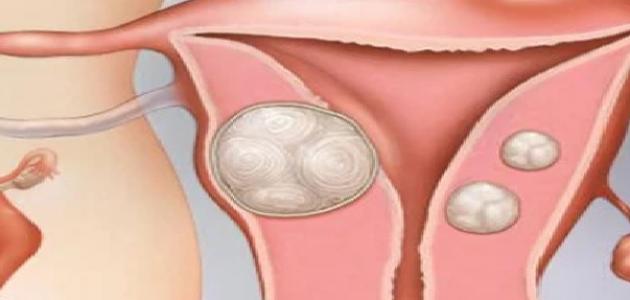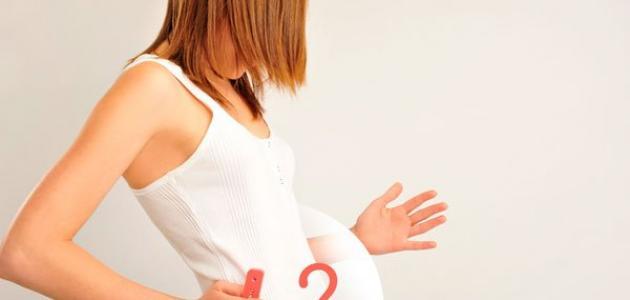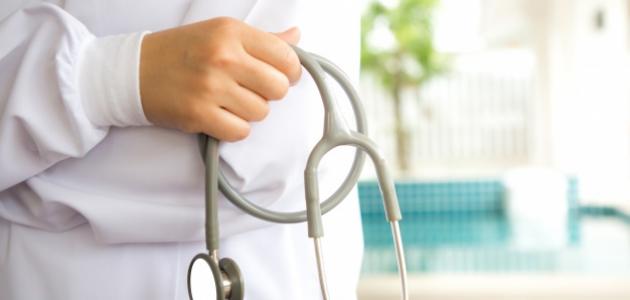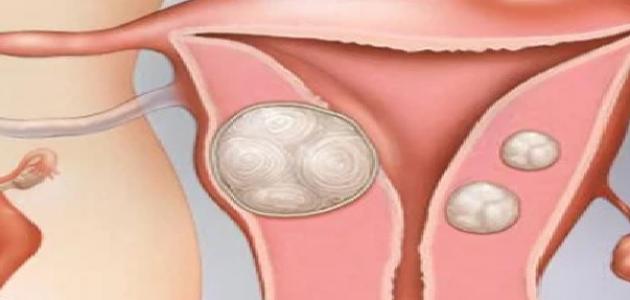When is the egg fertilized?
The egg is fertilized in the stage known as ovulation in a woman's menstrual cycle, which occurs in the middle of the cycle, that is, approximately day 14 if the cycle duration is 28 days, noting that there is a difference in the length of the cycle even among normal cases. The first day of the menstrual cycle is the first day of menstrual bleeding. During ovulation, the egg is released from one of the ovaries and travels through one of the fallopian tubes. Sperm can fertilize the egg if they are there at the same time. The life cycle of the egg is estimated. In which it is capable of fertilization only between 12-24 hours after its release from the ovary, but the man’s sperm may remain able to fertilize the egg for several days after its presence in the woman’s reproductive system.
As for the possibility of fertilizing the egg at this stage, it is affected by several factors: Such as the quality of the man’s sperm, the health of the woman’s reproductive system, and the time of sexual intercourse. Having intercourse without seclusion starting 3-6 days before ovulation occurs or having it during the time of ovulation increases the chance of the sperm meeting the egg in the fallopian tube, and thus increasing the chance of Fertilization of the egg and pregnancy.
Mechanism of fertilization of the egg
The journey of fertilizing the egg begins with the sperm entering the woman’s vagina, and here it is noted that its entry often occurs through sexual intercourse, in addition to other methods, as is the case in some assisted conception methods, and after its entry it travels through the cervix (in English: Cervix) to the uterus. All the way to the fallopian tubes, and here the egg is fertilized after one of the sperm penetrates the wall of the egg. After fertilization occurs, the fertilized egg moves to the uterus to complete the process of implantation (in English: Implantation) in the wall of the uterus. After implantation, doctors call the fertilized egg the term embryo or embryo (in English). : Embryo), and from the ninth week of pregnancy until birth it is called the live fetus (in English: Fetus).
Read also:Symptoms of weak uterine lining
Symptoms after fertilization of the egg
The fertilization and implantation of the egg is not usually accompanied by the appearance of any obvious symptoms on the woman, but in some cases the woman may notice very light bleeding known as implantation bleeding, and some women may think that it is due to the start of the menstrual cycle because of the timing of its appearance, which is close to the start of the menstrual cycle. Mostly the menstrual cycle, or some women may believe that this bleeding indicates an early miscarriage of the pregnancy. There is also another sign by which the occurrence of implantation can be inferred in women who track the ovulation process by measuring the basal body temperature (in English: Basal body temperature) for short. BBT, the implantation of the egg may be accompanied by a slight decrease in the basal body temperature on the day of implantation, and pregnancy symptoms often begin to appear at the same time as the woman’s first missed menstrual period, such as nausea, breast tenderness when touched, and fatigue and exhaustion.
Read also:Hydrational cyst on the ovary